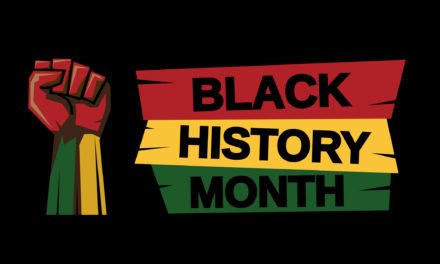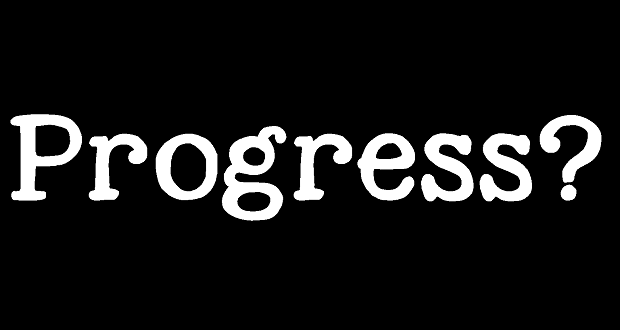A few weeks ago, I went to see The Hate U Give in theatres, and I was moved by the characters and their roles in the different life settings. Equally moving was the film’s embrace of Tupac’s meaning of THUG LIFE – The Hate U Give Little Infants F*s Everybody. Anyone who knows me knows that I am an avid Tupac fan. Seeing this film inspired me to honor Tupac’s legacy in my own way.
Rather than filling this post with a bunch of spoilers for those who have yet to see the movie, I’ll focus on the concept of socialization that is so prevalent in the film and tie it back to the man who inspired it all.
“A lot of people – black, white, Mexican, young or old, fat or skinny – have a problem being true to themselves. They have a problem looking in the mirror and looking directly into their own souls. Only reason I am who I am today is because I can look directly into my face and find my soul” – Tupac Shakur
Socialization is defined as the process of learning to behave in a way that is acceptable to society. This process begins immediately once our brains are capable of interpreting, and progresses automatically as we move through different settings in our lives. Socialization is not a class or formal learning operation. Rather, it is the natural process of becoming that happens unconsciously—in a society with clear-cut rules, roles and expectations.
On its face, this could sound like a necessary function in society. To be clear, we’re all influenced by society and circumstances that shape our view of the world, view of ourselves and our behaviors. What the definition doesn’t explore—and what our brother Tupac begins to diagnose in the quote above—is the cost of socialization.
Enter the issue of, “…looking in the mirror and looking directly into [our] own souls.” As we go through life gleaning information from society about what is acceptable and what is not, we shed our authenticity and replace it with uniformity. All this happens unbeknownst to our conscious minds. As we download various codes of conduct and apply them to our individual lives, we begin moving according to outward expectation rather than internal instinct. We may even begin accepting personal beliefs and behaviors we’ve adopted based on external influences as true to our “authentic selves”—without ever considering how they may have been socialized into us.
Another layer that is touched upon in Tupac’s quote is the element of difference. “A lot of people – black, white, Mexican, young or old, fat or skinny – have a problem being true to themselves.” Essentially, this tells us that authenticity is a struggle for everyone in a society with clear-cut rules, roles and expectations. It should come as no surprise, however, that those rules, roles and expectations come with a more strict application when there is an element of difference from the majority or dominant group (e.g., race, ethnicity, gender, age, weight, etc.). Society constantly and quietly guides us into circles where social expectations and personal goals collide. Want to be successful? This is how you must sound. Want to be popular? This is how you must act. Want to be a successful black woman in corporate America? This is how you must look.
Socialization robs us of our individuality and makes bringing our “whole selves” anywhere an abstract goal. Genuine authenticity requires acknowledging and actively working to remove the blinders of socialization that may seem to provide a pathway to acceptance, safety, security, success, and more. Acknowledging socialization means embracing the fact that we’ve all succumbed to the influences of society. We’d do well to consider others’ experiences with that process as well as our own. Actively working against socialization means accepting that we must be intentional in our efforts to better understand our own behaviors, desires, and motivations. Begin the journey of knowing thyself beyond the surface—which is infected with social influences.
Socialization robs us of our individuality and makes bringing our “whole selves” anywhere an abstract goal. Genuine authenticity requires acknowledging and actively working to remove the blinders of socialization . . . Share on XLeave it to me to breakdown a Tupac quote like religious scripture, but I see tremendous value in taking a deeper look at society and our behaviors, and how the two interact. Love him or hate him, Tupac lived his life as a brazen example of authenticity and self-expression. Socialization teaches us all where we belong and uses silent force to see that we act accordingly – that process doesn’t leave much room for genuine self-discovery, much less walking in your truth. We should be encouraged to practice introspection until we all reach a point where we “can look directly into the mirror and find [our] souls.”




















